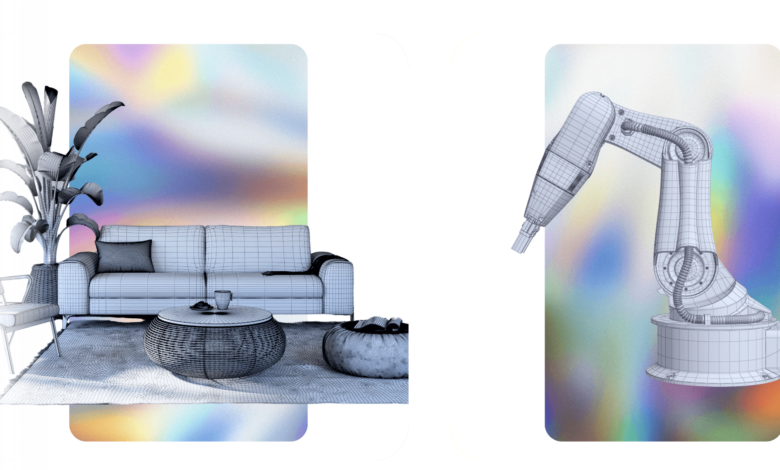
It’s no secret that over the past couple of years, public imagination has been captured by the sensational rise of generalist AI models. ChatGPT, Perplexity, Claude and others have demonstrated remarkable versatility, excelling in tasks from creative writing to code generation. These large language models, trained on vast troves of internet data, represent a significant leap in AI capabilities.
What is also clear, is that as impressive as these generalist models are, they can fall short when it comes to the nuanced needs of enterprise applications. The one-size-fits-all approach, while helpful for general queries, isn’t as effective, appropriate or secure when sensitive information is involved or industry-specific tasks require a different level of precision within an application..
What I’m seeing now, is the era of AI specialization. Enterprises are increasingly recognizing the need for bespoke AI solutions – tailored “agents” trained on domain-specific data. Specialized models excel where generalists falter, offering accuracy and reliability in industry-specific contexts where autonomous decision making can dramatically enhance efficiency. As an example, a financial services firm may require an AI that not only understands and can act on complex financial language and data sources, but also adheres to strict regulatory guidelines that wouldn’t be a capability of generalist models.
The key to unlocking this potential lies in high-quality, domain-specific data.
Within the world of Spatial AI and agentic applications, specialized data fuels AI models that can perform tasks with immense precision in the 3D world around us – understanding how diverse materials and physical structures influence the interactions of objects in the real world. Think analyzing medical imaging, or driving autonomously where physical stimuli can operate unpredictably, characterized by their physical composition and the effects of the environment around them.
I like to think of AI in the automotive industry as a clear example of the role of specialized data over general. Trained on detailed 3D models of vehicle components, understanding and simulating the collaboration of these intricate pieces can mean quality control processes and model testing can be automated.
The shift from generalist to specialist AI represents a natural progression in the AI field, but does not come without its own set of challenges. Curating high-fidelity, IP-free data sets, especially for spatial applications, remains a significant hurdle. One approach is to leverage the strengths of both, navigating the delicate balance between the broad capabilities of generalist models and investing in costly specialized AI solutions with a hybrid.
With this approach, there’s the potential to get the best of both worlds:
- Complementary Strengths: Generalist models can provide a foundation of general knowledge and language understanding, while specialist models can refine and augment this base with industry-specific insights. For example, a customer service AI could use a generalist model for basic communication and a specialist model for in-depth product knowledge and troubleshooting.
- Adaptive Learning: A hybrid system could potentially adapt more quickly to new information and changing industry landscapes. The generalist component could help in understanding novel concepts, while the specialist component rapidly integrates this new knowledge into its own domain-specific framework.
- Cost-Effective Solution: For many businesses, especially small to medium-sized enterprises, developing fully specialized AI models may be cost-prohibitive. A hybrid approach could offer a more accessible entry point, allowing companies to gradually build their specialized capabilities while still benefiting from the broad applicability of generalist models.
Looking forward, the importance of specialized data in enterprise AI systems cannot be overstated. It’s arguably the most important fuel source that will power the next generation of AI innovations enabling businesses to solve complex, industry-specific problems with new levels of accuracy and efficiency. From giving automakers the ability to stress test, refine, and optimize their next supercar without having to actually build it, to giving aspiring surgeons the opportunity to accurately simulate a complex, high stakes procedure without risking the wellbeing of an actual patient – the opportunities are both thrilling and within sight.



